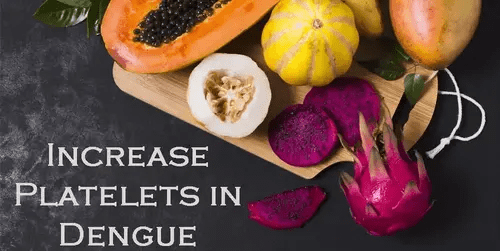
Your immune system is a fascinating and intricate network designed to protect you from a vast array of threats, from bacteria and viruses to toxins and even cancerous cells. This guide will explore how your immune system functions and provide evidence-based strategies to optimize its performance.
Understanding Your Immune System
Innate vs. Adaptive Immunity
Innate immunity: The first line of defense, providing a rapid, non-specific response to pathogens.
Adaptive immunity: Develops over time, creating targeted antibodies and immune cells to combat specific invaders.
Key Immune Players
White blood cells: The army of your immune system, including lymphocytes, neutrophils, and macrophages.
Antibodies: Proteins that tag invaders for destruction.
The lymphatic system: A network of vessels and organs that transport immune cells and filter waste.
The Pillars of a Healthy Immune System
1. Nourishing Diet
Beyond basics, consider these nutrients:
- Vitamin C: Supports antibody production and white blood cell function. Excellent sources: citrus fruits, bell peppers, broccoli.
- Vitamin D: Regulates the immune response. Dietary sources are limited (fatty fish, fortified foods), sun exposure & supplements may be necessary.
- Zinc: Essential for immune cell development and wound healing. Found in oysters, red meat, and chickpeas.
- Antioxidants: Protect cells from damage caused by free radicals (generated during immune responses). Colorful fruits and vegetables are key.
- Prebiotics and Probiotics: Promote a balanced gut microbiome, influencing 70% of immune function. Prebiotics – fiber (whole grains, vegetables); Probiotics – fermented foods.
2. Quality Sleep
- Sleep deprivation disrupts immune regulation and increases inflammation.
- Melatonin, a hormone produced during sleep, has immune-modulating effects.
- Tips: Dark, quiet room, avoid screens before bed and consider blackout curtains.
3. Stress Management
- Chronic stress elevates cortisol, suppressing immune function long-term.
- Relaxation techniques have measurable effects on immune markers.
- Consider exploring: Mindfulness meditation, progressive muscle relaxation, spending time in nature, and therapy for managing stressors.
4. Regular Exercise
- Improves circulation, allowing immune cells to travel efficiently. To learn more about how physical activity benefits your immune system.
- Reduces inflammation and may enhance antibody responses.
- Even short bouts of movement are beneficial. Choose activities you enjoy for sustainability.
5. Hydration
- Dehydration compromises lymphatic flow and can hinder waste removal.
- Electrolytes (sodium, and potassium) are also essential for immune cell function.
- Monitor urine color (pale yellow is ideal) and drink throughout the day.
Immune-Boosting Superfoods (with Recipes)
- Citrus fruits: Provide recipe ideas like a vitamin C-packed smoothie or citrus-infused salad dressing.
- Garlic: How to incorporate it into various dishes beyond just flavoring.
- Ginger: Explore warming teas, ginger-infused stir-fries, etc.
- Turmeric: Beyond curries, ways to use it (golden milk latte, turmeric roasted veggies).
- Yogurt: Emphasize choosing unsweetened, and ideas for toppings (berries, nuts).
Lifestyle Habits for Optimal Immunity (Warnings)
- Limit alcohol and sugar: Offer specific guidance (e.g., no more than 1 drink/day for women, 2/day for men).
- Quit smoking: Resources and support for quitting.
- Wash your hands regularly: Emphasize proper technique (at least 20 seconds, all areas).
- Supplements (with caution):
- Discuss potential interactions with medications.
- Note that exceeding recommended dosages can be harmful.
When to See a Doctor (Detailed Symptoms)
- Frequent or recurring infections: Define what constitutes unusual frequency.
- Unexplained fatigue: Differentiate from normal tiredness.
- High fevers or chills: Indicate a strong immune response or serious infection.
- Severe or unusual symptoms: Swollen lymph nodes, persistent rash, wounds that won’t heal.
Conclusion
Empowering your immune system is a lifelong journey. Consistency is key, and remember that even small, positive changes can have a profound impact on your resilience and well-being.





